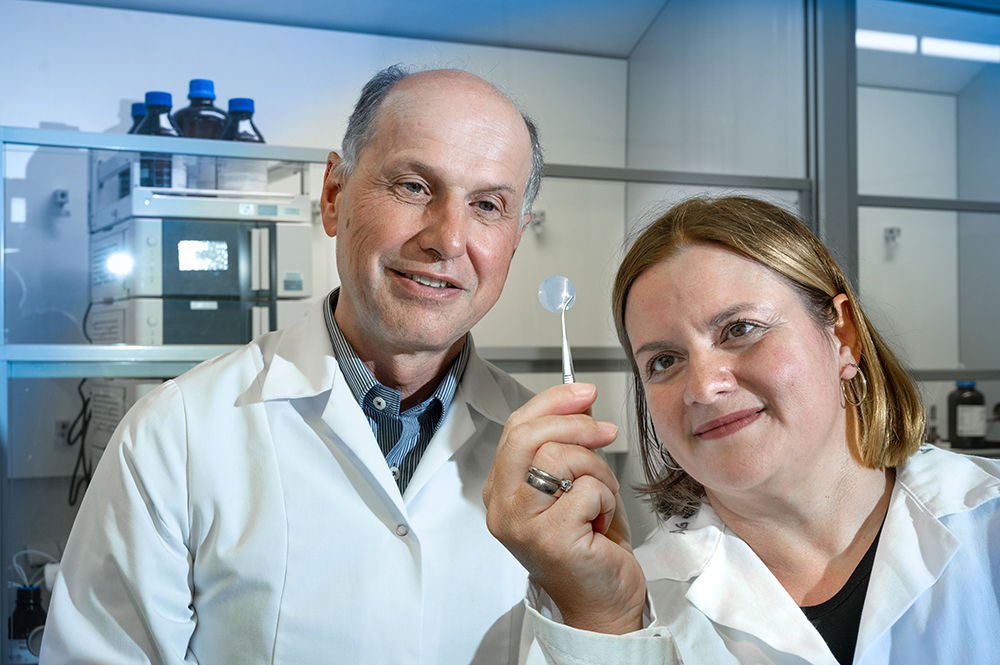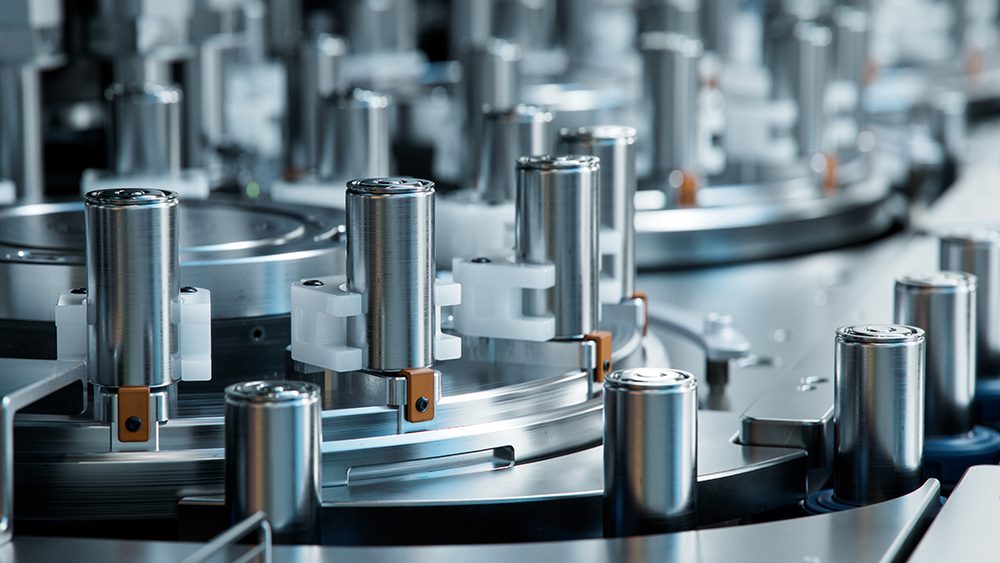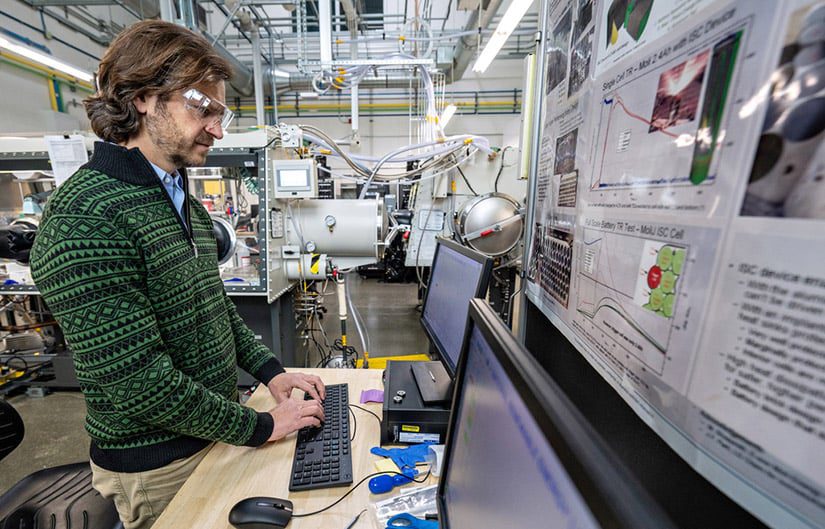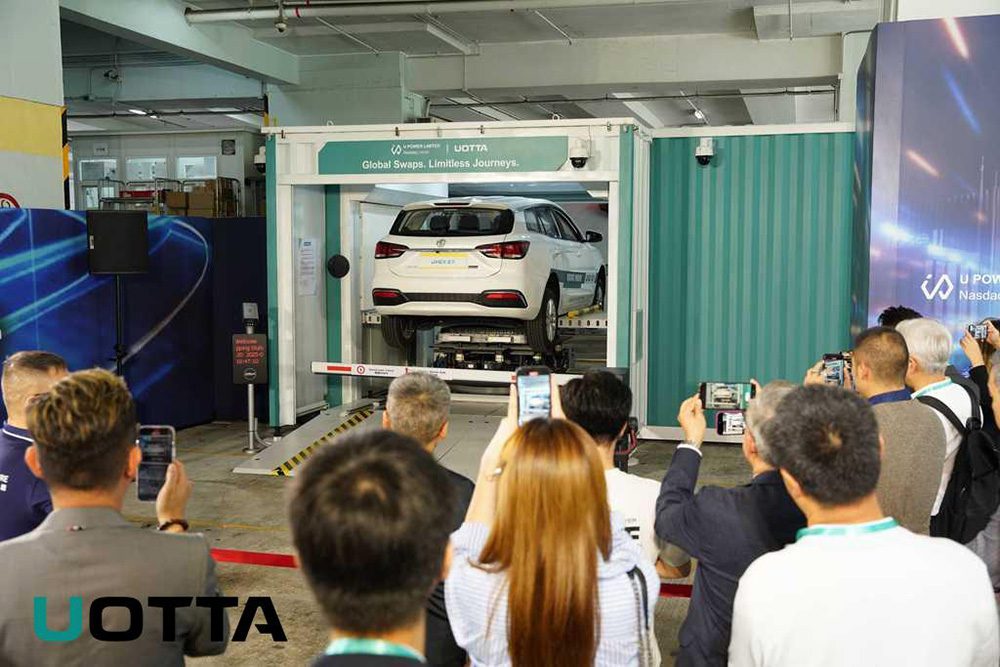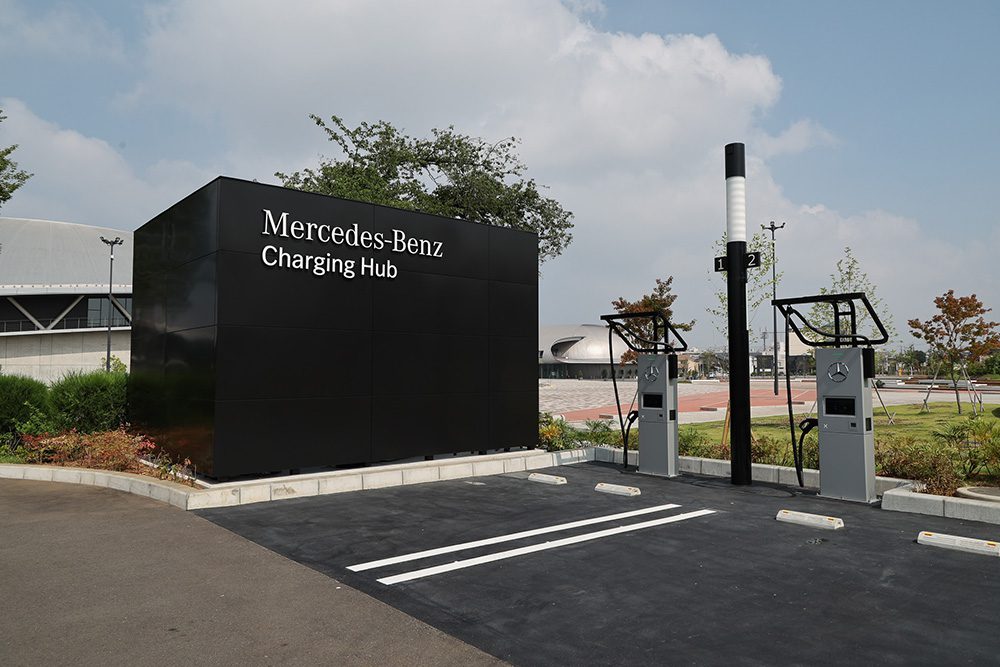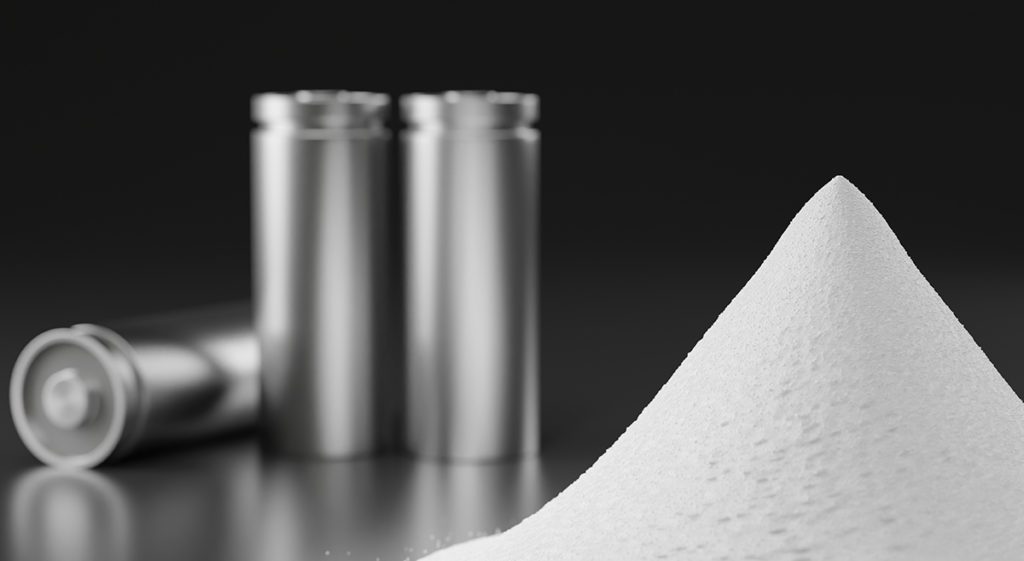Chemists at Martin Luther University Halle-Wittenberg (MLU) have developed a new type of gel that could help to make lithium-ion batteries safer.
The gel is designed to prevent the highly flammable electrolyte fluid from leaking, and initial lab studies show that it could also improve battery performance and service life. The researchers report on their work in the journal “Advanced Functional Materials”.
Around 3.6 V is considered critical for electrolyte stability in conventional lithium-ion cells, but the gel electrolytes remain stable at over 5 V. The gels are designed so that they can be recycled relatively easily.
Extensive long-term studies still need to be conducted before lithium batteries can be produced using the gel on an industrial scale, the chemists said.
“We have developed a polymer that can be filled into the battery cell. The electrolyte is bound to this substance, however the ions can continue to circulate freely between the electrodes,” said Anja Marinow, an MLU chemist. “The filling has a gel-like consistency and combines the high conductivity of liquids with the thermal stability and robustness of polymers.”
“In conventional lithium-ion batteries, the liquid electrolytes create a stabilizing layer on the electrodes when the battery is first charged. This is crucial for the performance and service life of the battery,” explains Marinow. “However, we needed a fundamentally new design when it came to gel electrolytes.” The researchers say they have solved this problem by integrating an ionic scaffolding into the polymer’s molecular chains.
The research was carried out as part of the BAT4EVER project, which was funded by the European Commission through the Horizon 2020 program. Universities, research centers and industrial partners from Germany, Belgium, Luxembourg, Italy, Spain and Turkey were involved in the project. The plan is to continue the research and expand on it, as part of the European Center for Just Transition Research and Impact-Driven Transfer (JTC).







